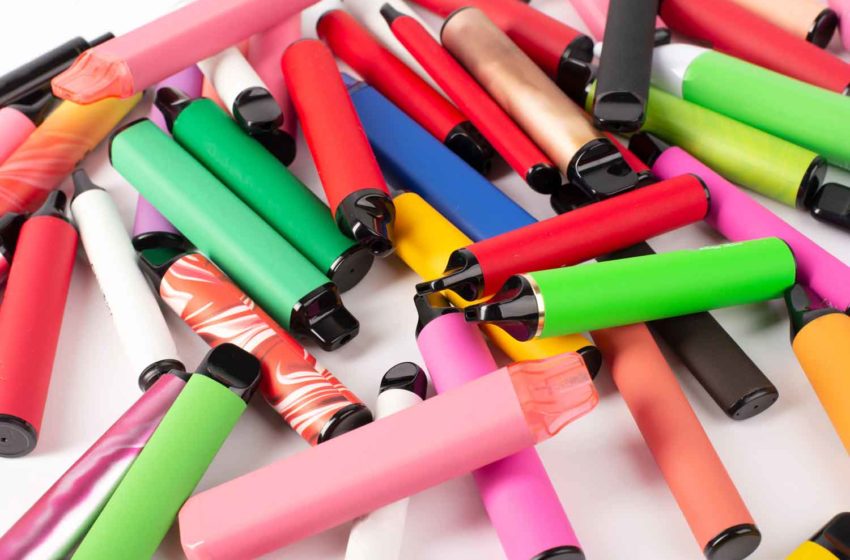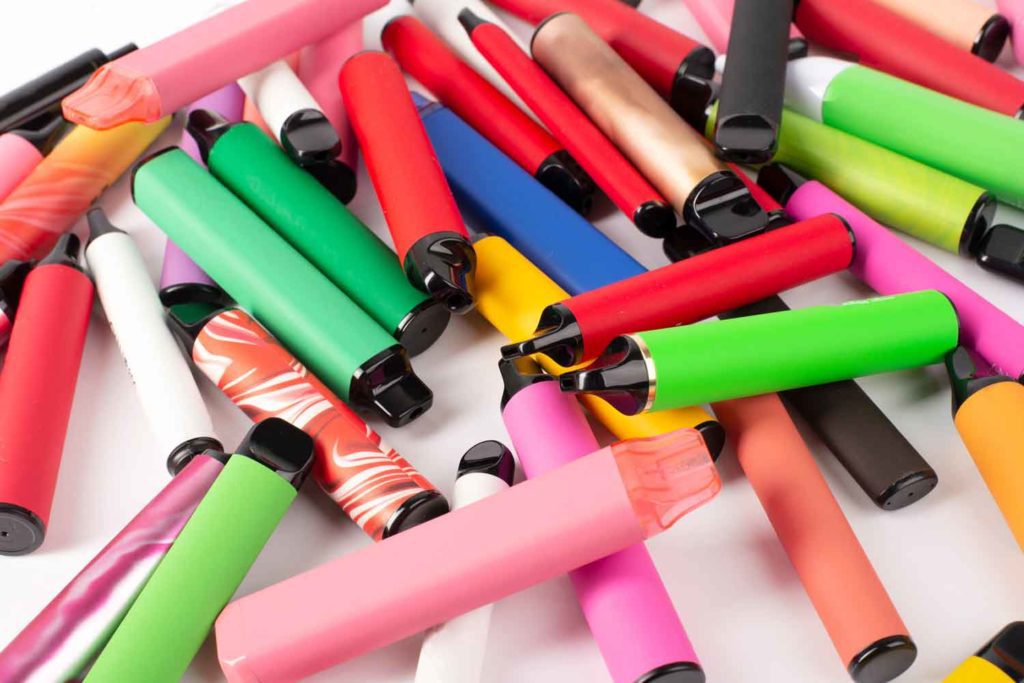Unauthorized Vapes Flood U.S. Market
- Featured Illicit Trade News This Week
- June 28, 2023
- 0
- 3 minutes read


The number of vapor devices on the U.S. market has nearly tripled since 2020, with a majority being unauthorized disposables from China, according to IRI sales data reported by the AP.
The influx comes more than three years after the U.S. Food and Drug Administration declared a crackdown on kid-friendly flavors; many of the unauthorized products come in sweet and fruity flavors that are technically illegal. This means the FDA must focus on removing unauthorized products from the market rather than carefully reviewing individual products that could help adult smokers.
Last year, cheaper disposables made up 40 percent of the $7 billion retail market for e-cigarettes, according to IRI data. IRI collects barcode scanner sales from convenience stores, gas stations and other retailers. The data shows that more than 5,800 unique disposable products are being sold in numerous flavors and formulations, up 1,500 percent from 365 in 2020, when the FDA banned all flavors except menthol and tobacco from cartridge-based e-cigarettes. The ban excluded disposables, though.
“The FDA moves at a ponderous pace, and the industry knows that and exploits it,” said Robert Jackler of Stanford University, who has studied the rise of disposables. “Time and again, the vaping industry has innovated around efforts to remove its youth-appealing products from the market.”
“I don’t think there’s any panacea here,” said Brian King, director of the FDA’s Center for Tobacco Products. “We follow a comprehensive approach and that involves addressing all entities across the supply chain, from manufacturers to importers to distributors to retailers.”
The surge of disposables was preventable, according to Mitch Zeller, former FDA head. “I told them: ‘It doesn’t take a crystal ball to predict that kids will migrate to the disposable products that are unaffected by this [ban], and you ultimately won’t solve the problem,’” Zeller said.
IRI restricts access to its data, selling it to companies, investment firms and researchers. The data was shared with the AP by an anonymous person not authorized to share the information. IRI declined to comment or confirm the data, stating the company doesn’t offer that information to news organizations.
